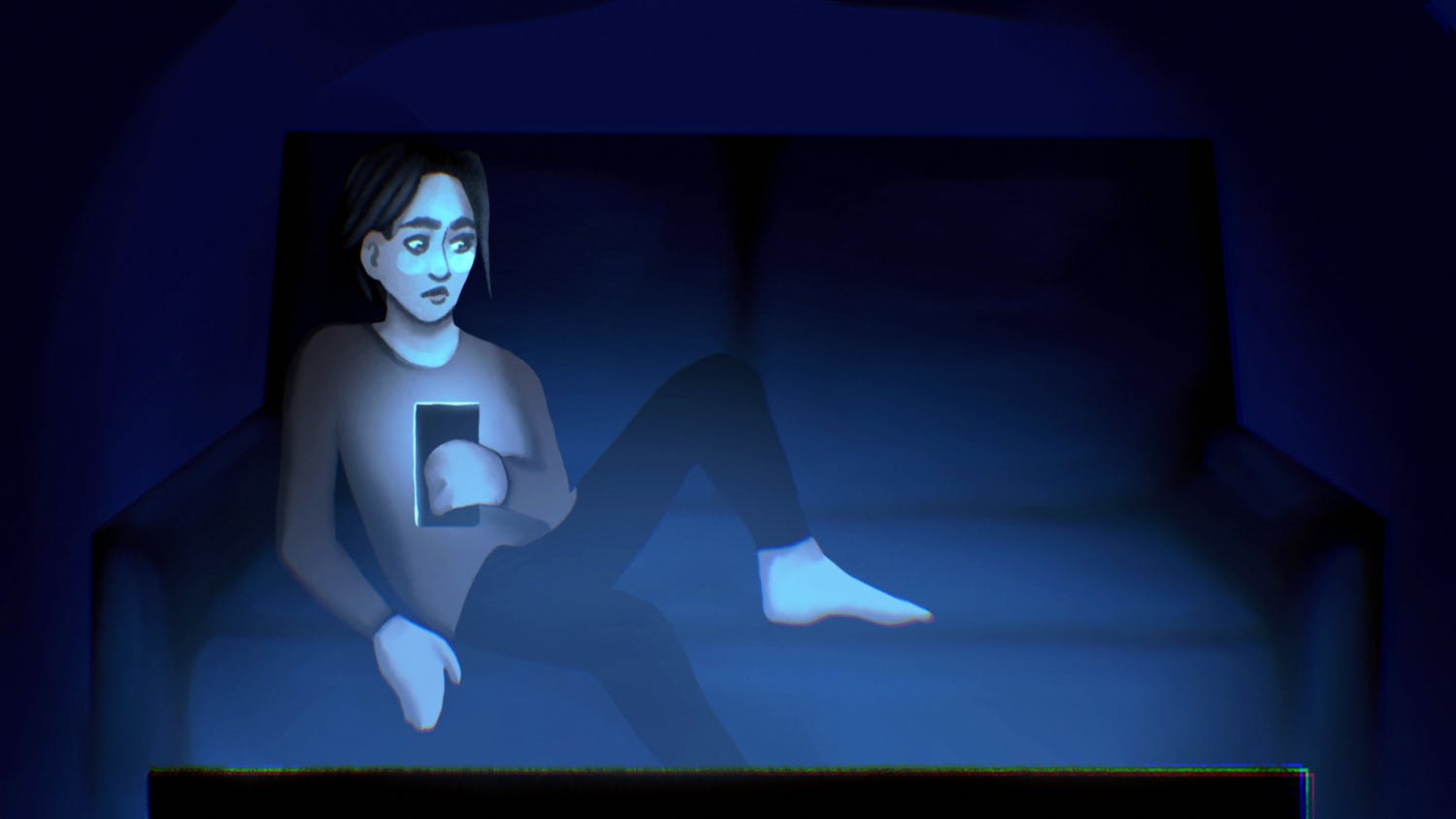It's long been a cliché to call David Lynch's ("Blue Velvet," "Wild At Heart") work dreamlike, but I suppose if there were any better adjective, my hours spent watching and re-watching his films would have already rendered it obvious. I'll suggest 'phantasmagoric' as a more vivid word, and one that works quite well when discussing "Eraserhead," Lynch's 1977 film debut.\nAttempting to tease a conventional plot out of the film is basically pointless, because while "Eraserhead" deals with fear of fatherhood, fear of commitment, fear of non-acceptance, and a hundred other commonplace fears, it's impossible to truly categorize it as simply a film about fear. \nBig-haired Henry (Jack Nance) is a man seemingly without purpose until he and his girlfriend, Mary (Charlotte Stewart), have a deformed baby and eventually split up, leaving Henry to raise the mutant child and deal with his hallucinatory existence at the same time. Those are the bare bones, but to view "Eraserhead" multiple times is the only viable way to comprehend it, if it can be comprehended at all.\nIn the technical arena, "Eraserhead" is a curious marvel of sound design and eerie visuals. Lynch and company, on a grant from the American Film \nInstitute, delivered a haunting film with a tight budget, though the transfer is still occasionally muddy and muffled. To best experience Lynch with money to burn, check out 2001's wondrous, Oscar-nominated "Mulholland Drive," but to see what the man can do on a shoestring, "Eraserhead" is the ticket.\nThe only extra attached to this release is an 85-minute documentary on the making of the film, complete with extensive, invaluable input from Lynch himself. The struggles to get the film made, as well as the necessity of filming it in stages over a five-year period, make the finished product all the more fascinating, even if it remains frustratingly devoid of any discernible literal meaning.\nLynch's later work seems to make more, if only a little more, sense after digesting the imagery in "Eraserhead." The glossily nightmarish feel of "Mulholland Drive," the dystopian plodding of "Lost Highway," as well as the Reagan-era suburban surrealism of "Blue Velvet" and the Twin Peaks series, should all come further into focus after viewing the director's first major work. While "Eraserhead" might lend itself to as much comprehensive interpretation as a Dali painting or a series of Rorschach tests, it's essential viewing for fans of heady art films and certainly for Lynch fans who have not yet found the means to experience it.
Lynch's surreal debut is back
Get stories like this in your inbox
Subscribe





